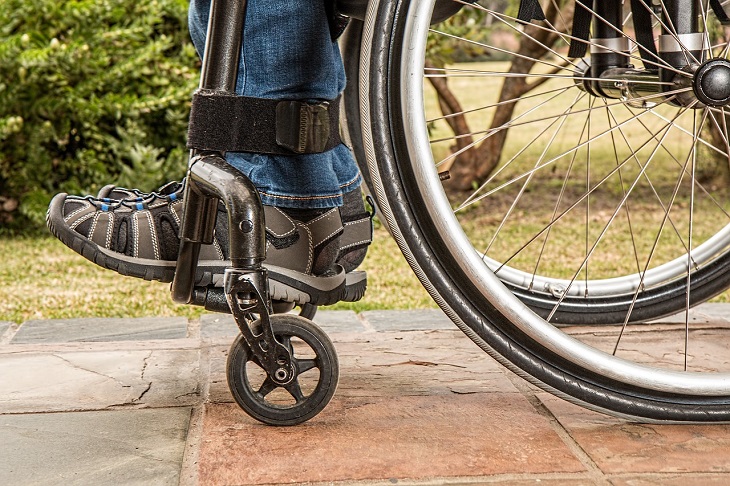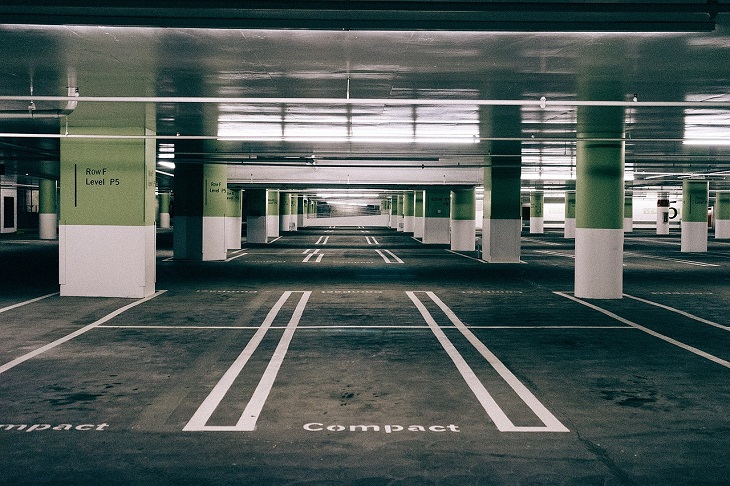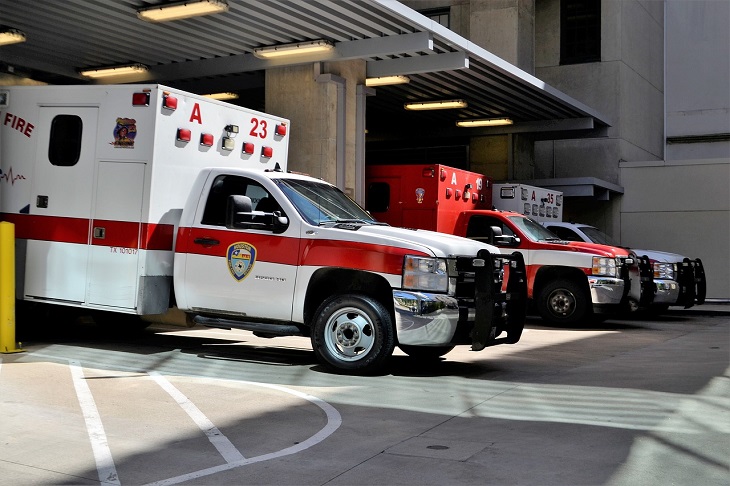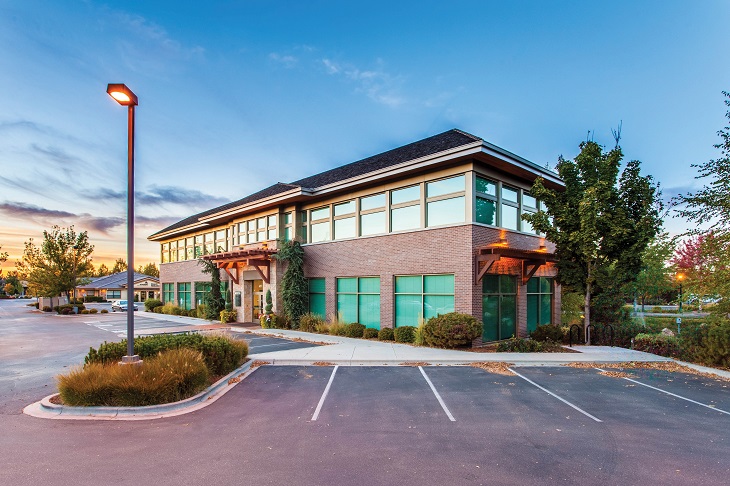For those with a physical disability, having wheelchair-accessible parking is a game-changer. Ensuring you can get in and out of your car safely and easily is so important. Having wheelchair-accessible parking at the workplace can have a huge impact on your commute. This is particularly the case for drivers who are already nervous behind the wheel.
Getting a disabled parking permit helps you to access wheelchair-accessible parking. Applying for a permit is a simple process for those with a qualifying condition. While these conditions vary from state to state, they typically include those such as:
- Loss of mobility
- Loss of limb
- Limited vision
- Lung illness
- Cardiac conditions
Unfortunately, it can often be difficult to navigate the world of disabled parking, as rules surrounding parking permits vary from state, and regional laws may differ. Many people are unsure as to what they are entitled to as part of their employment, and knowing employer parking laws can be confusing. That’s where the ADA comes in.

What Are The ADA Disabled Parking Rules?
The Americans with Disabilities Act (ADA) was designed to protect the rights of Americans living with disabilities and offer standardized guidelines for employers to follow. The ADA sets the standards for what disabled parking spaces should look like. They should have a minimum size (eight feet wide, plus five feet of aisle space on either side) to allow for easy access to and from the vehicle, and they should also be clearly marked or signposted with the International Symbol of Access. They must be situated near the most accessible entrance of the building they serve, and must provide an accessible route to and from this entrance.
Does An Employer Need To Provide Wheelchair-Accessible Parking?
Any company with more than 15 employees has to abide by the ADA guidelines. Your employer must make every reasonable accommodation for you as a disabled employee. If an employer provides their own parking lot for employees, this must have a certain number of disabled parking spaces. If you have a physical disability and use a wheelchair, your employer must make a wheelchair-accessible parking space available to you if parking in a private lot is a perk that they provide.
However, some employers do not provide parking for their employees. This is not a legal requirement, so your employer does not need to provide it. If employee parking is not offered at your place of work (if your employer does not own their own parking lot, for example), it is not the employer’s responsibility to provide wheelchair-accessible parking. In this case, it is the responsibility of whichever parking lot the employee generally uses.
How Many Disabled Parking Spaces Should There Be In A Parking Lot?
The ADA sets standards when it comes to how many disabled parking spaces should be allocated to each parking lot. The amount of wheelchair-accessible and disabled parking places per lot depends on its total capacity. Under current standards, this means that for every 25 parking spaces there must be one accessible van space. For a lot that has 300 spaces, at least seven must be accessible. There must also be an access aisle provided to enable wheelchair users to easily enter and exit the parking lot without obstruction.
The Bottom Line: Do Employers Have To Provide Parking For Disabled Employees
While you have rights as a disabled parking permit holder, simply owning a permit does not mean your employer is required to provide wheelchair-accessible parking. The ADA states that employers must make all reasonable accommodations for employees with disabilities. However, if the employer cannot reasonably provide disabled parking, and if it places undue hardship on them, they are not obliged to do so.
Some employers may provide wheelchair-accessible parking, but there may be not be enough disabled parking spaces for each employee who needs one. Situations like this can be stressful and difficult to manage, but the best way to sort them out is to have a conversation with your employer to see what can be done to accommodate both your needs and theirs.
It is important that you can access wheelchair-accessible parking, and it is your right to do so. However, it can be complicated to negotiate what must be provided by your employer, and what constitutes reasonable grounds for the provision of disabled parking places. Fortunately, the ADA is there to help those with disabilities live life as easily as possible, and most employers are willing to make the necessary accommodations for their employees.
Featured image by overjupiter on Pixabay








